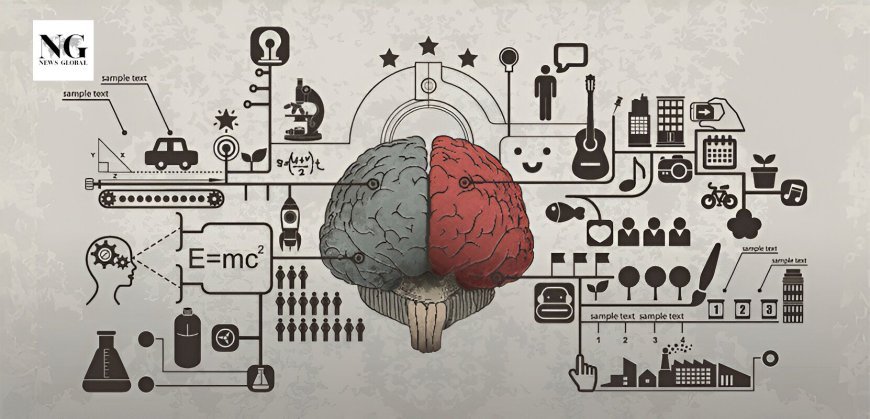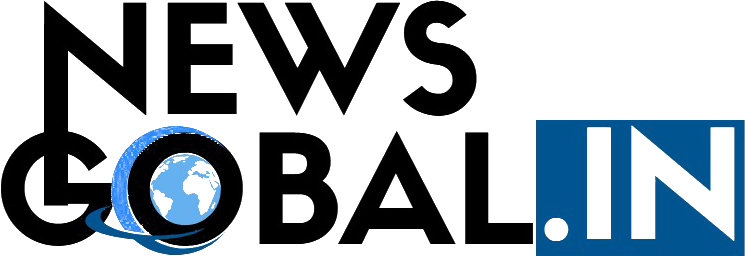Boost Productivity with These Psychology-Driven Time Management Hacks
Struggling to get more done in a day? Learn psychology-backed time management secrets that help your brain work smarter, not harder.

We all get the same 24 hours, yet some people finish their work and still have room for life. The difference isn’t grit alone. It’s how they organise attention, energy, and choice. These five tips come straight from psychology and real practice. They are simple to try and powerful when used regularly.
Prioritize Tasks with the Eisenhower Matrix
Your day fills up with things that shout loudest, not with what truly matters. That “mere-urgency” pull sends you chasing emails while long-term work waits. Clarity begins with structure. The Eisenhower Matrix divides your tasks into four clear boxes: urgent and important, important but not urgent, urgent but not important, and neither. Do the real crises, schedule the future-building work, delegate what others can handle, and delete what wastes time. Try a brief evening sort of tomorrow’s list. The clarity alone will change how you spend your day.
Boost Focus with the 25-Minute Work Rule
The mind works best in short bursts. Focus for 25 minutes, then pause for five. After several rounds, take a longer break. This rhythm matches how attention chemicals behave and keeps performance steady instead of collapsing mid-afternoon. Breaks are not a luxury. They are part of the system that keeps you sharp. Use a simple timer and protect those focused slots like a meeting with your future self.
Stop Multitasking and Get More Done
You open your laptop, start replying to an email, then switch to a chat message, then bounce back to a report. Feels busy, right? But your brain is constantly stopping and starting, like a runner tripping at every hurdle.

Now imagine running one clear lap, no interruptions. Faster, smoother, effortless. That’s what happens when you give your full attention to one task. Kill the pings, clear your screen, and sweep through tasks in neat groups.
Make Your Goals SMART for Better Progress
A vague goal is no better than climbing blind. You tire out, lose direction, and never reach the summit. SMART goals change everything. SMART goals turn the climb into a game. Each milestone is like reaching the next level. You pause to collect rewards, celebrate your win, and load up on new tools. Then you keep moving, one level at a time, until the final stage at the summit. Step by step, progress builds, and momentum becomes your climbing partner. You don’t wait for momentum. It’s forged with every milestone until the summit comes into view.
Take Breaks That Actually Recharge You
Rest is not the opposite of work. It’s the fuel for it. Short activities that change your mental mode, such as a brisk walk, simple stretches, a few deep breaths, or a quick conversation that matters, let the brain consolidate and return refreshed. Passive scrolling usually drains more attention than it restores. Make breaks purposeful and watch creativity and focus return stronger.
Use the Two-Minute Rule to Beat Procrastination
Procrastination does not always come in the form of great struggles. It hides in the smallest of delays. The email unsent, the paper unfiled, the call unmade, each wait for a spare moment, and together they crowd the mind. Productivity thinkers suggest the two-minute rule. If a task requires less than two minutes, act on it at once. The reasoning is not complicated. Psychology teaches that the mind carries unfinished business-like open loops. By closing them quickly, you set yourself free from unnecessary weight, allowing your attention to rest where it belongs: on the work that gives life meaning.
Align Tasks with When Your Mind Works Best
The sun does not shine with equal strength all day, nor does the river flow with equal speed at every bend. Why should we expect our minds to remain steady across the hours? Morning gifts some with clarity; night blesses others with focus. The wise do not resist their rhythm. They honor it. By matching effort to energy, they turn work into flow and time into harmony.
Build Routines to Reduce Decision Fatigue
Ever notice how choosing what to wear can feel exhausting? Steve Jobs skipped that by sticking to the same outfit every day. The trick is simple: fewer small decisions free your brain for the big ones.

Morning routines, fixed rituals, and set meal times make life easier and your mind fresher. Even tiny choices add up, so automating them can make a big difference.
Conclusion
Time management is not a set of rules to endure. It’s a set of choices that respect how the mind works. Start with one change tonight: sort tomorrow’s tasks into the Eisenhower Matrix, schedule two 25-minute focus slots for the highest priority item, and promise yourself a real ten-minute walk after those slots. Try this routine for three days. You’ll see how small, steady steps are more powerful than big, sudden changes. When your habits follow psychology, you work faster and feel better.
FAQs
What is the best way to manage time effectively?
Effective time management involves prioritizing tasks, focusing on one thing at a time, setting clear goals, taking breaks strategically, and aligning work with your natural energy patterns. Using tools like the Eisenhower Matrix or Pomodoro Technique can make this easier.
How does the Eisenhower Matrix improve productivity?
The Eisenhower Matrix separates tasks into four categories: urgent and important, important but not urgent, urgent but not important, and neither. This helps you focus on what truly matters, schedule long-term tasks, delegate routine work, and eliminate distractions, reducing mental clutter and stress.
Why is single-tasking better than multitasking?
Switching between tasks consumes mental energy and reduces efficiency. Single-tasking allows your brain to fully focus, improving speed, accuracy, and overall quality of work while reducing stress.
What are SMART goals and why are they important?
SMART goals are Specific, Measurable, Achievable, Relevant, and Time-bound. They provide structure, make progress measurable, and give your brain quick wins that maintain motivation. Breaking large projects into smaller milestones ensures consistent progress.
How do breaks enhance productivity?
Strategic breaks recharge your brain, improve focus, boost creativity, and prevent burnout. Activities like walking, stretching, deep breathing, or brief mindfulness exercises allow your mind to reset and return to work refreshed.

 Admin
Admin